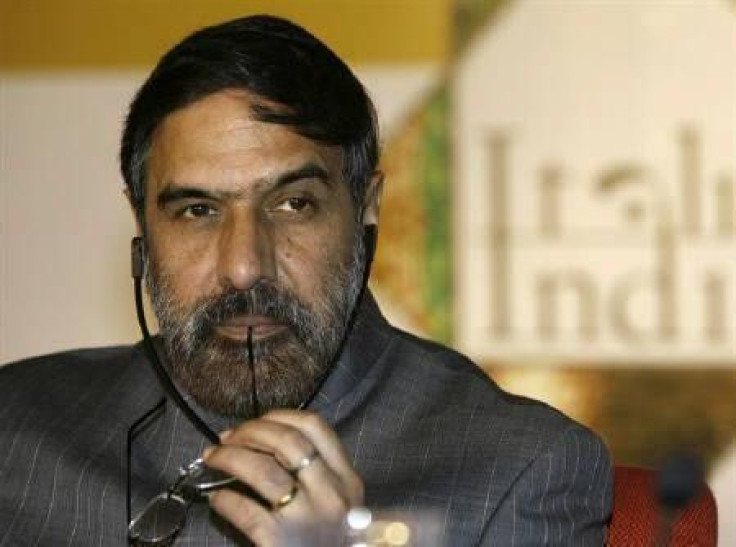India Says Agrees to Boost Trade With Pakistan

India and Pakistan agreed on Wednesday to further liberalise trade flows with tentative moves such as opening a second customs post and issuing more visas, seen as bolstering a fragile peace process between the two nuclear-armed rivals.
The meeting between the neighbouring countries' trade ministers was part of this year's resumption of formal peace talks, which were broken off after militant attacks in 2008 that killed 166 people in India's financial capital Mumbai.
Indian Commerce Minister Anand Sharma, who met his Pakistani counterpart Makhdoom Amin Fahim, said New Delhi would support a scheme proposed by the European Union to boost textile exports from areas of Pakistan ravaged by floods with duty waivers.
Seen as under pressure from domestic textile lobby groups, India had previously opposed the EU scheme, and New Delhi's open support was trumpeted by both sides as a sign of improving atmospherics.
The meetings between the ministers were very productive and useful, Sharma told reporters, adding it was the first time the two countries' trade ministers had met in 35 years. We engaged in a frank and constructive manner.
The two sides will meet again in November.
CONSTRUCTIVE AND SUPPORTIVE
Lasting peace between the two countries is seen as key to stability in the South Asian region and help a troubled transition in Afghanistan as NATO-led forces plan their military withdrawal.
The hope is that trade measures will feed into wider trust between the two countries and help the rivals resolve major flashpoints like the disputed Kashmir region, although a solution to this problem has proved intractable for decades.
India and Pakistan may be home to some 1.4 billion people but bilateral trade flows are paltry -- a legacy of mistrust between the South Asian neighbours who have gone to war three times since their independence from Britain in 1947.
Less than one percent of India's merchandise exports are sold to Pakistan, in terms of dollar value, but on Wednesday a joint statement pledged to double bilateral trade flows within three years to about $6 billion.
Things are moving according to plan, Fahim said.
Exporters are currently forced to route the bulk of trade via a third party such as Dubai, raising business costs, slowing deliveries and inflating prices. Business leaders on both sides bemoan the untapped potential of hundreds of millions of new customers.
Islamabad wants India to lower what it says are unfair barriers to trade, such as cumbersome approval procedures for exporters selling anything from cement to fruit and vegetables.
The two sides on Wednesday agreed to open a second customs point by October or November on what is one of the world's most heavily militarised borders, as well as implementing a new business visa regime by November this year. Currently restrictive trading hours on the border would also be extended.
Pakistan also pledged to significantly increase the number of goods India will be allowed to export to its neighbour soon, including petroleum products, although officials declined to give a deadline for when this would happen.
Approval by India for the EU plan would help clear the way for European duties to be lifted on a list of Pakistani textiles and other products such as ethanol as early as January.
India will be constructive and supportive when the WTO's next meeting takes up this matter, Sharma said.
© Copyright Thomson Reuters 2024. All rights reserved.











